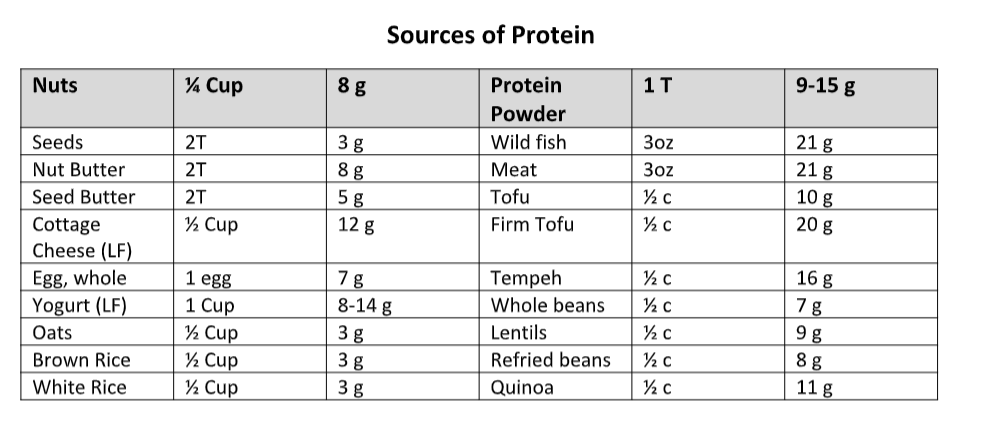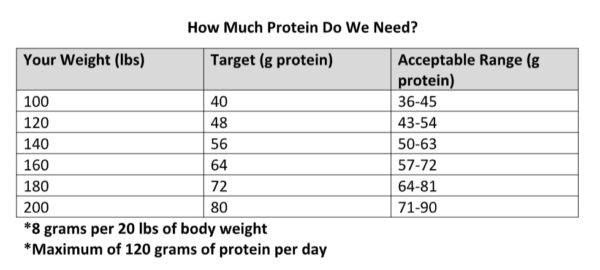By Jennifer Froemel, LCPC
Are you waking at 4:00a.m.? Is this insomnia or anxiety related to a simple fix?
In 2000, University of California Berkley did a study looking at clients with Depression and Anxiety and their diet. They had control groups and what they found has definitely made me talk to my clients’ about what they consume on a day-to-day basis. The findings concluded that based upon the amount of “solid protein” intake throughout the day your body may be stealing protein from your musculature as you sleep; however, in an effort to get you to put in appropriate protein the body switches on and wakes you before it steals from your musculature. Many people don’t realize that if they are not sleeping well their body may begin to change for the worse and lead to worse issues. What people don’t tend to realize is that good protein is needed for digestion to take place during your sleep cycle.
The first bit of the study determined that what people were considering as protein was not a protein that is useful to the body for good digestion. What they found was that people were considering a piece of cheese from a sandwich as good protein and the study proved that, in fact, it was not seen as beneficial to the body.
1. First they asked if they had any previous experience with anxiety or depression as they have found that those diagnoses tended to have issues with sleep.
2. they asked what sleep was like for them. They found resoundingly that most people would tend to wake between 2-4 a.m. feeling restless and unable to sleep so they would wake up. Most of the participants reported this happening for a month or more and as a result felt more fatty and having less physical strength. What they discovered was that if people did not follow the attached chart of good solid choices of protein, and had anxiety they’d likely also have insomnia. The reason being that typically when we are asleep we are digesting the food from the day and the body is extracting protein to help fuel the energy necessary to digest.
3. They then asked their participants what they found themselves doing when waking and they found that most were waking looking to forage for food but tended to go for things like: ice cream, cereal, chips, etc.
Since discovering this information upon working with a client I will review their food intake and type and wake/sleep schedule. Almost immediate symptom relief has occurred in some cases and treatment is more psychoeducation than anything. Ultimately, we are what we eat and what we put in can hurt us in the long run in more ways than one.
The list below lists some of the real “solid proteins” the body needs.


Fish. Most seafood is high in protein and low in saturated fat. Fish such as salmon, trout, sardines, anchovies, sablefish (black cod), and herring are also high in omega-3 fatty acids. Experts recommend eating seafood at least twice a week.
Poultry. Removing the skin from chicken and turkey can substantially reduce the saturated fat. In the U.S., non-organic poultry may also contain antibiotics and been raised on GMO feed grown with pesticides, so opt for organic and free-range if possible.
Beans. Beans and peas are packed full of both protein and fiber. Add them to salads, soups and stews to boost your protein intake.
Nuts and seeds. As well as being rich sources of protein, nuts and seeds are also high in fiber and “good” fats. Add to salads or keep handy for snacks.
Tofu and soy products. Non-GMO tofu and soy are excellent red meat alternatives, high in protein and low in fat. Try a “meatless Monday,” plant-based protein sources are often less expensive than meat so it can be as good for your wallet as it is for your health.



Comments are closed.